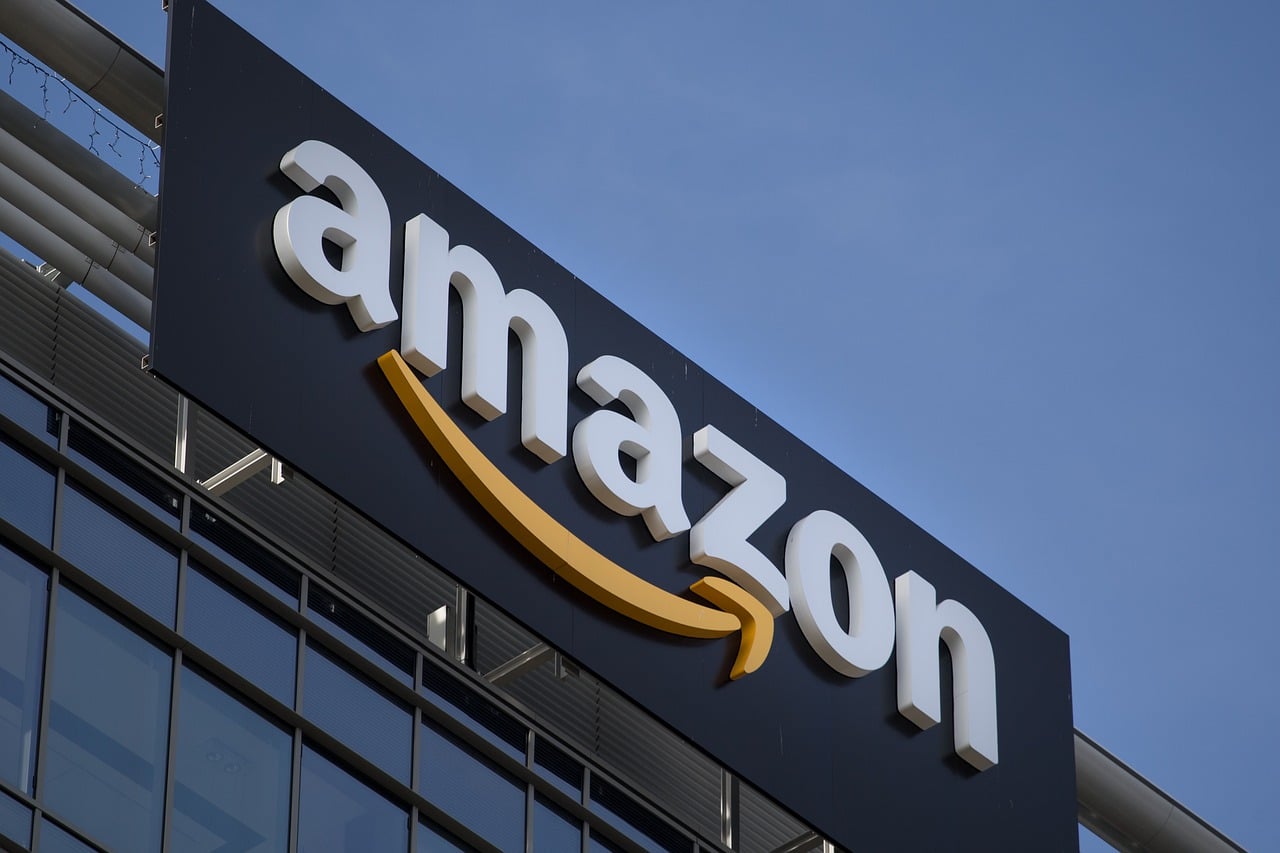
 Tech stocks have taken a beating the past couple of weeks, with FAANG favourites like Amazon (Amazon Stock Quote, Chart NASDAQ:AMZN), Facebook (Facebook Stock Quote, Chart NASDAQ:FB) and Netflix (Netflix Stock Quote, Chart NASDAQ:NFLX) all falling well off highs set earlier in the year. But a rally yesterday has investors wondering whether there’s more upside left to the tech giants.
Tech stocks have taken a beating the past couple of weeks, with FAANG favourites like Amazon (Amazon Stock Quote, Chart NASDAQ:AMZN), Facebook (Facebook Stock Quote, Chart NASDAQ:FB) and Netflix (Netflix Stock Quote, Chart NASDAQ:NFLX) all falling well off highs set earlier in the year. But a rally yesterday has investors wondering whether there’s more upside left to the tech giants.
You bet, says analyst Michael Pachter of Wedbush Securities, who adds that if you had to pick just one to own longterm, Amazon is the clear favourite.
October has been less than kind to the FAANG cohort which has lost a bit of its lustre —along with tens of billions in market value— as investors seemingly react to a number of issues, including rising interest rates, ongoing trade discussions and a perceived slowdown in consumer demand in China.
Amazon now sits almost 12 per cent off an all-time high reached in early September, while Netflix, which is getting a boost in trading on Wednesday from a well-received earnings report, is still down 14 per cent from a high set in June. Facebook’s truckload of troubles this year (to name a few: fake news scandals, security breaches, declining user growth) have pulled the stock down more than 27 per cent from its high of late July.
But not to worry, says Pachter, managing director of equity research at Wedbush, the current malaise is fairly baseless and FAANG stocks will continue to grind higher.
Amazon stock can go much higher
“We’re not close to highs. All of these stocks have pulled back quite a bit, and I’m not really sure what higher interest rates or concerns about China’s tariffs has to do with Amazon,” said Pachter to BNN Bloomberg Tuesday. “I get perhaps a slowdown in growth but realistically the company is immune. If prices go up they charge more. The only question is whether we consume as much.”
“Facebook has kind of dug their own grave and caused their own problems. But really, they have over two billion users who aren’t going away and advertisers have nowhere else to spend the money,” he says.
Amazon’s future is even more secure, says Pachter. “You’re talking about a company that’s doing less than one per cent of global retail and probably less than three or four per cent of US retail,” he says. “They’ve got so much room to grow. I think it’s likely that they get to five per cent of global retail in our lifetime and I think there’s the potential that they go higher than that.”
“They’re at the point where they just can’t reinvest all the profit growth that they generate each year. Their gross margins are up to 40 per cent and so if revenues grow by $50 billion a year, which I think is sustainable, they add $20 billion to their profits — they just can’t redeploy that capital, their op ex is not going up by $20 billion a year. That’s why you’re getting outsized earnings growth. I think that continues for a long time.”
“Notwithstanding its near-trillion-dollar valuation, I think Amazon just keeps going up. It’s got at least 20 per cent upside from here,” Pachter says.
Netflix reported its third quarter earnings today, coming in line with expectations on revenue at $4 billion and posted an earnings per share beat at $0.89 per share versus the consensus estimate of $0.68 per share (all figures in US dollars). Most impressive was the company’s subscriber growth which hit 6.96 million for Q3, far exceeding expectations of five million new subscribers.
But Netflix’s business model is far shakier than Amazon’s, says Pachter.
“My fundamental disagreement with the Street on this stock is that they don’t generate cash. They generate negative free cash flow and that’s not reversing. It’s gotten worse for five consecutive years and it looks like it’s going to get worse this year and again next year,” he says.
“And yet, my competitors who value Netflix at $450 per share have some DCF model that says they’re going to turn positive in 2020 and then be delivered $5 and $10 billion in free cash after that. I don’t see how you go from burning cash and getting more negative every year to suddenly turning on a dime,” he said.
Leave a Reply
You must be logged in to post a comment.





 Share
Share Tweet
Tweet Share
Share




Comment